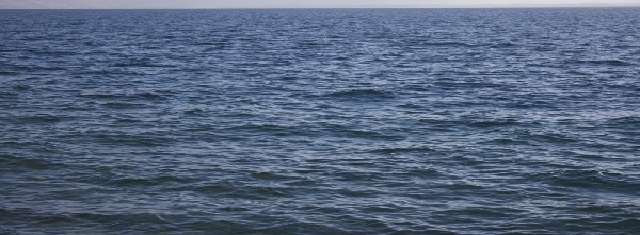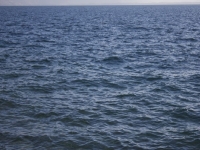Lifestyle
THE MIDDLE EAST HAS EXPERIENCED MANY ENVIRONMENTAL CONCERNS LATELY
MIDDLE EAST FACES WATER SHORTAGES

(Source: © Ruby BIRD & Yasmina BEDDOU)
USPA NEWS -
Middle East has some of the largest oil reserves in the world, which produces most of the area's wealth. The Middle East requires water ressources and suitable land for agriculture. Much of the land that is available for producing food is destroyed by increasing desertification...
Middle East has some of the largest oil reserves in the world, which produces most of the area's wealth. The Middle East requires water ressources and suitable land for agriculture. Much of the land that is available for producing food is destroyed by increasing desertification.
As the region, which is home to over 350 million people, begins to recover from a series of deadly heatwaves which have seen temperatures rise to record levels for weeks at a time. New World Ressources Institute (WRI) rankings place 14 of the world's 33 most water-stressed countries in the Middle East and North Africa, including Bahrain, Kuwait, Qatar, UAE, Palestine, Israel, Saudi Arabia, Oman, Iran and Lebanon.
As the region, which is home to over 350 million people, begins to recover from a series of deadly heatwaves which have seen temperatures rise to record levels for weeks at a time. New World Ressources Institute (WRI) rankings place 14 of the world's 33 most water-stressed countries in the Middle East and North Africa, including Bahrain, Kuwait, Qatar, UAE, Palestine, Israel, Saudi Arabia, Oman, Iran and Lebanon.
Desertification is a sweeping environmental problem, with vast effects in countries such as Syria, Jordan, Iraq, Iran. Agriculture uses 85% of water in this region. Jordan, located in the Syrian Desert, and Yemen, on the southern tip of the Arabian Peninsula, both endure severe water scarcity in the Middle East. The cost of water in Jordan increased 30% in ten years. In recent years, Yemen has not been able to produce enough food to sustain its populations.
The World Ressources Institute wrote a report stating that the world's demand for water is likely to surge in the next few decades. Rapidly growing populations will drive increased consumption by people, farms and companies. The Middle East is already prone to water conflict. The U.S. National Intelligence Council wrote that water problems will put key North African and Middle East countries at greater risk of instability and state failure.
Water shortages are already common across the region with supplies restricted to only a few hours a day, but this year many smaller cities have run out of water completely. One reason why water is so scarce is because farming wastes so much. In addition, many rich people across the region have dug their own wells to tap into aquifers, leading to over-pumping and pollution of groundwater in cities.
Ruby Bird Middle East Environmental Water Shortages Oil Reserves World Wealth Ressources Agriculture Land Desertification Deadly Heatwaves Temperatures New World Ressources Institute North Africa Bahrain Kuwait Qatar Uae Palestine
Liability for this article lies with the author, who also holds the copyright. Editorial content from USPA may be quoted on other websites as long as the quote comprises no more than 5% of the entire text, is marked as such and the source is named (via hyperlink).






